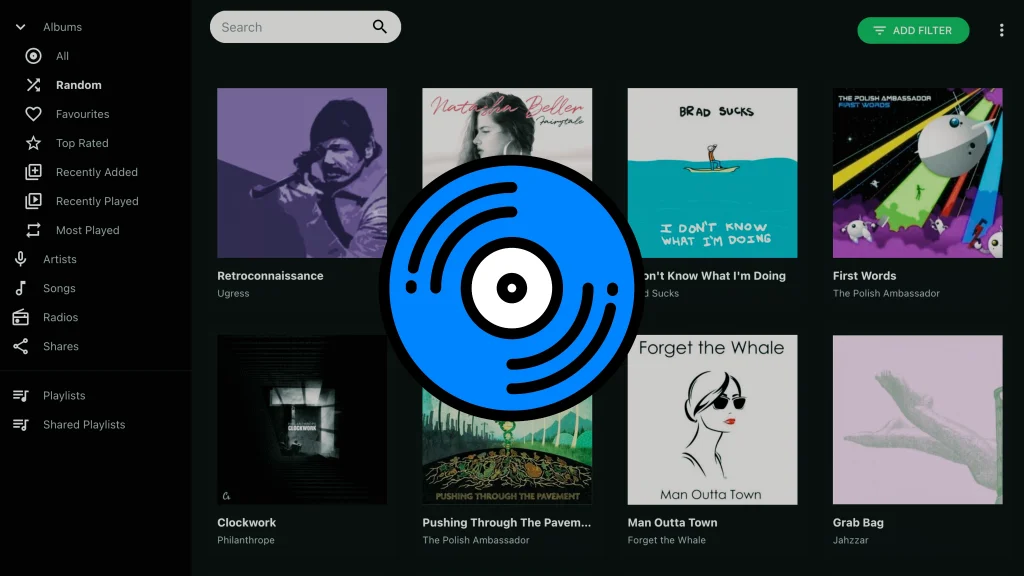Facebook is coming under a fresh round of fire from corporate media, and this time not only for content published on the world’s biggest social network and allowing users’ to have varied political and other affiliations – but also because of comments that are viewed as problematic, yet left outside of reach of fact-checkers and censorship otherwise happening on the platform.
A lengthy opinion piece in the New York Times is based on the author “borrowing” access to their Facebook accounts from two persons whom he describes as “boomers” whose conservative views changed because of Donald Trump, turning them into Biden voters, who think that having political and ideological differences and expressing them on social networks means US politics is toxic, while those platforms are polarizing.
The author’s mission was to discover what these unnamed boomers’ Facebook feeds looked, and felt like, and the verdict is that it was “a nightmare:” they are able to see posts from family and friends’ domestic life, but also pro-Trump and anti-Biden memes, “conspiratorial misinformation,” and content that doesn’t have “context.” (But that’s because they’re social media posts, rather than news articles or academic papers, and even those are hard to trust these days.)
Likewise, another criticism of Facebook is that its feeds contain political memes that come with “no link or citation,” as if a meme would have one. As the “war on memes” often shows us, those fighting it struggle or appear to struggle to grasp the fact that memes are their own “links and citations.”
But that’s not the only “war” turning up in this opinion piece: another is that on comments, highlighted here as one of the ills of Facebook. The most the author seems willing to allow before denouncing them as conspiratorial threads are discussions in a friendly “agree to disagree” vein.
What makes comments extra dangerous, he thinks, is that unlike other types of content, they are not subject to fact-checking, moderation, and platform policing.
In an alarmist tone, the comments threads are described as resembling a “machine” that somehow makes the US divisive and extreme, and are viewed as “a primary source” of things like harassment and conspiracies.
Just like in the case of memes, the author is equally bothered that comments don’t contain “links or sources.”
If you're tired of censorship and dystopian threats against civil liberties, subscribe to Reclaim The Net.









